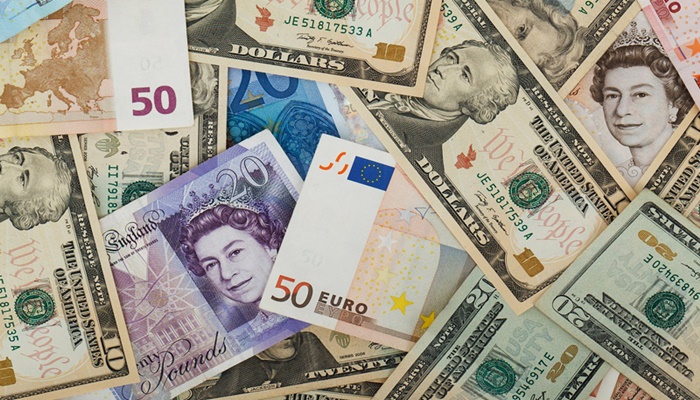Nigeria’s external reserves drop by $2.9bn, first-six months of 2023, to stay at 6-year low

Nigeria’s external reserve has declined by approximately $2.8 billion during the first six months of 2023.
The decline is said to be as a result of problems associated with a weak crude oil output and a lack of foreign investor participation in the nation’s capital market.
The external reserve serves as a measure for assessing the value of Nigeria’s currency and estimating the country’s ability to finance imports for a certain period.
At the beginning of the year, the external reserves stood at around $37 billion. However, as of June 2023, it has plummeted to approximately $34.1 billion.
Notably, since the start of the Tinubu administration on May 29th, 2023, the external reserve has witnessed a decline of nearly one billion dollars. It has dwindled from $35 billion on May 30th to $34.1 billion.
This drop is despite the implementation of measures such as the unification of the naira and the introduction of a managed exchange rate float.
The decline marks the most substantial half-year drop since 2015, when the external reserves plummeted from $34.4 billion at the year’s end to $28.1 billion by the close of the first six months in June 2015.
Several factors contribute to this downward trajectory in Nigeria’s external reserves, including a lack of foreign investor inflows, reduced crude oil outputs, and a fragmented forex market. Typically, the external reserve is funded through crude oil proceeds, external debts, and foreign investor inflows.






